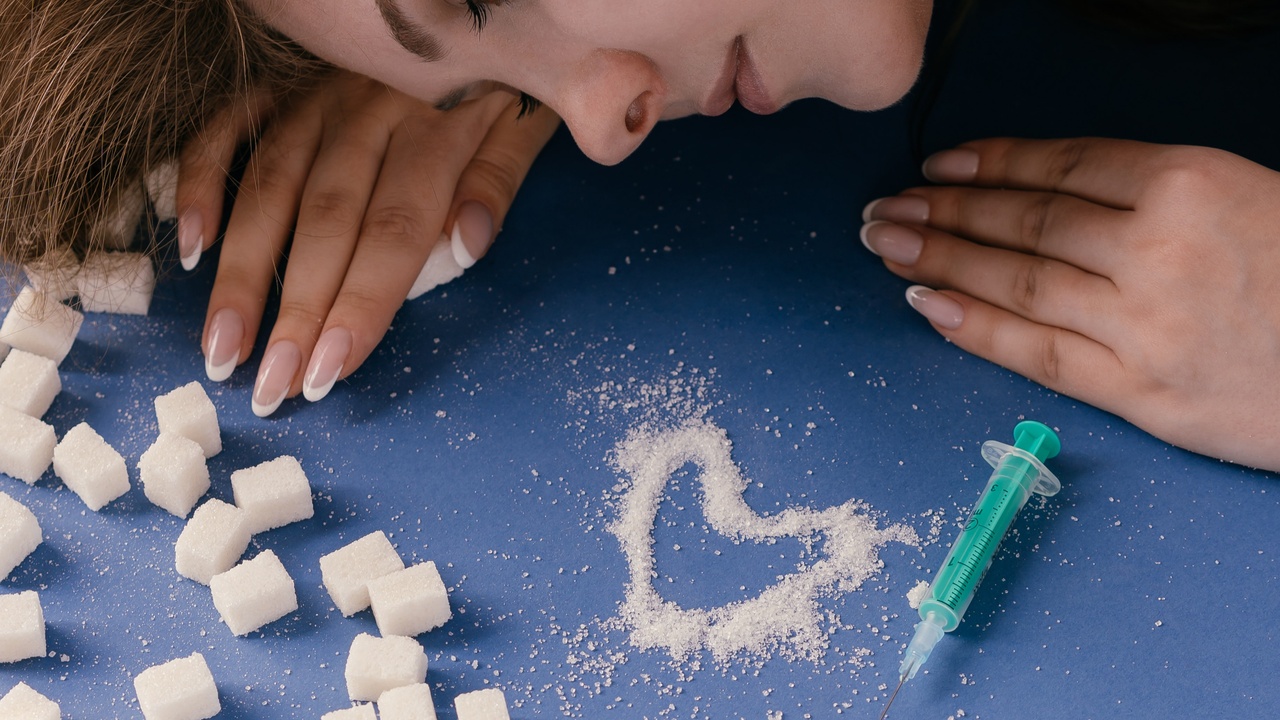Parasite Cleanses: A Fad for PTs to Know About
Parasites Cleanses: A Fad for PTs to Know About
Enjoy our above video and then sign up for our courses!
Here's the transcript:
Hey, it's Dr. Wells here from St. Augustine Beach, Florida. Just wanted to talk today about parasites and how there's a popular trend going around for parasite cleaning. In fact, one of my wife's friends were bringing it up and just thought I would kind of touch on some of the research on it.
There's definitely some sort of trends going around that there's a fear that certain parasites can cause issues like inflammation, allergies, skin problems, fatigue. I guess the notion is that you could take some herbal concoction and sort of shed them. There's some research looking at pumpkin seed and things and fibers that will sort of push some of the worms out of the intestines and things.
Overall, the research shows that if you have intestinal worms, you probably would know about it. You would be really ill. You'd have leukocytosis.
You'd have multiple problems...
From Big Sugar to Big Social Media: The New Frontier of Food Industry Influence

By Dr. Sean Wells, DPT, PT, OCS, ATC/L, CSCS, NSCA-CPT, CNPT, Cert-DN
In recent years, the influence of the United States' food industry has extended its reach beyond traditional methods like lobbying, governmental appointments, and dietary guideline manipulation. According to a Washington Post report, the food industry has now set its sights on a new arena: social media.
Background:
In a strategy reminiscent of tactics employed by the tobacco industry, prominent players in the food sector, particularly big sugar and supplement companies, have been discreetly compensating dietitians to generate content on their social media platforms. These covert actions have raised concerns akin to the obfuscation campaigns witnessed during the heyday of big tobacco. The central figures in this evolving controversy are dietitians who wield significant influence as social media influencers.
The issue of dietitians, or RDs, succumbing to the sway of the food industry is not novel. It revolves aroun...
Ultra Processed People Book - Summary 3
Dr. Wells does another short summary on Ultra Processed People. This one dives deep into how the author's ultra processed diet has negatively affected his health. Weight gain, reduced ghrelin, increase in inflammation, and actual changes in his brain functional MRI after just a few weeks on the diet! Ultra processed food definitely has a negative impact on our clients' health and physical therapy outcomes!
Ultra Processed People Book - Summary 2
We are excited to offer our Ultra Processed People book summary, video #2. Dr. Wells dives deep into the first several chapters of this great book and highlights much of the research that #DPTs need to know about nutrition.
In this week's video we discuss:
- What defines an Ultra Processed Food (UPF)
- The History of UPF, including the use of processed coal for fats in WW2
- How UPF actually affects health by increasing cancer, heart disease, and weight gain
- The labeling of individuals with the term "obese"
- And much more!
In the meantime, check out our 3 board-approved continuing education courses on Nutrition specific for Physical Therapists. Enroll today in our new bundled course offering and save 20%, a value of $60!
Download Your Copy of the Free E-Book:
Learn about the Top 5 Functional Foods to Fight Inflammation and Pain in Physical Therapy.
#nutrition #physicaltherapy #processedfood #health #DPT #education
The content and video herein are opinions of Nutritional Phys...
Starting Ultra Processed People Book
Dr. Wells is excited to dive into the Ultra Processed People audiobook and will be offering his opinion and summaries with periodic videos and updates. As many of you know, ultra processed foods negatively impact health and rehabilitation, so this book is important to the physical therapy profession. Stay tuned for more!
In the meantime, check out our 3 board-approved continuing education courses on Nutrition specific for Physical Therapists. Enroll today in our new bundled course offering and save 20%, a value of $60!
Download Your Copy of the Free E-Book:
Learn about the Top 5 Functional Foods to Fight Inflammation and Pain in Physical Therapy.
#PhysicalTherapy
#MovementMatters
#Rehabilitation
#FitnessJourney
#WellnessTips
#HealthEducation
#HolisticHealth
#WellnessWednesday
#FoodAsMedicine
#InjuryRecovery
#HealthAndWellbeing
Exercise Affects the Gut Microbiome

By Dr. Sean M. Wells, PT, DPT, OCS, ATC/L, CSCS, CNPT, Cert-DN
At Nutritional PT we talk a lot about how food can impact the gut microbiome. But as Doctors of Physical Therapy (DPT), did you know that exercise has been shown to influence the gut microbiome? Studies have found that regular physical activity can increase the diversity and abundance of beneficial gut microbes, such as Bifidobacterium and Akkermansia, while reducing the abundance of potentially harmful microbes, such as Clostridium and Bacteroides.
New Research
A recent study demonstrated that alpha diversity increased among normal-weight and overweight adult individuals with moderate increases in physical exercise durations. Compositional alterations were primarily observed among normal-weight individuals. These findings indicate that even small increases in PA duration by overweight individuals can improve beneficial microbe abundance and diversity in the intestines, which has huge implications for PTs working with ov...
Spice up Your Gut Biome

Spice Up Your Gut Biome
By Dr. Sean Wells, DPT, PT, OCS, ATC/L, CSCS, NSCA-CPT, CNPT, Cert-DN
In prior blog posts, and definitely within our board-approved continuing education courses, we have discussed the gut microbiome at length. It is an amazing array of bacteria, fungi, and archaea that help to produce compounds, integrate with our immune responses, and may be linked to certain diseases. While all of this seems promising we have to be honest that the literature regarding what exact mechanisms and species that are linked with disease states still remains to be seen.
However, we do know that promoting the amount and diversity of the gut biome content is a positive thing. Best recommendations for this would include eating a variety of foods, consuming fiber, enjoying foods rich in probiotics (e.g. miso, fermented foods), and avoiding broad-spectrum antibiotics when possible. Another fun, recent finding is that another food additive may help boost the gut biome: spices!
In the r...
Nutritional Sweeteners Affect the Gut Biome

Nutritional Sweeteners Affect the Gut Biome
By Dr. Sean M. Wells, DPT, PT, OCS, CNPT, ATC/L, CSCS, NSCA-CPT, Cert-DN
Artificial sweeteners: good, bad, or simply not understood? For years they were touted to be the pinnacle replacement of the calorie-rich and nutrient poor table sugar. Things seemed too sweet to be true, when some artificial sweeteners, often called non-nutritional sweeteners, were linked with cancer. Fortunately science and common sense prevailed showing no risk of cancer to humans; however, researchers have been tracking some intriguing findings of what artificial sweeteners may do to the gut.
A recent study published in the journal Cell showed that non nutritional sweeteners, like saccharin and sucralose, alter the gut microbiome. We have known for years that there may be some interaction with the gut microbiome, we're just not sure to what extent. With this current publication, clinicians can have a better understanding of how much and which sweeteners affect th...
Fasting and the Gut Microbiome

By Dr. Sean M Wells, DPT, PT, OCS, ATC/L, CSCS, NSCA-CPT, CNPT, Cert-DN
For many decades nutrition experts and researchers were aware that fasting could impact certain disease states. From rheumatoid arthritis (RA), osteoarthritis, and several metabolic diseases (e.g. gout), fasting could reduce symptoms, improve functioning, and/or improve metabolic profiles for a short period. This short period of improvement could help patients during flares or bouts but couldn't offer long lasting effect. Many physiotherapists in the United Kingdom are aware of the power of fasting and vegetarian diets for patients with RA.
The understanding of how symptomology would improve in light of fasting was not well understood. Some authors offered the notion of the soma vs metabolic tradeoff, where the body took its time to repair its systems vs channeling energy into digesting food. Other researchers suggested that certain foods promote inflammation, and thus, removing food could reduce inflammation. W...
Could Meat Lower Heart Disease Risk?

By Dr. Sean M. Wells, DPT, PT, OCS, ATC/L, CSCS, NSCA-CPT, CNPT, Cert-DN
If you were reading the news last week then you might have seen an article that sounds something like: "Good News, Meat May Protect You from Heart Disease." While this sounds exciting and promising, many of the published media articles just don't dive into the science enough to give citizens and clinicians an educated viewpoints. Let's examine the new evidence, its science, and what impact it should have on physical therapy practice.
The Article
The main research paper the media is slinging around can be found in mSystems, an open access journal. The authors, Kivenson and Giovanni, published the paper title An Expanded Genetic Code Enables Trimethylamine Metabolism in Human Gut Bacteria, which full-text can be found here. Both Kivenson and Giovanni are researchers at Oregon State University and their primary focus is in microbiology.
mSystems is a relatively new journal. Overall it has an impact factor of 6.28...



